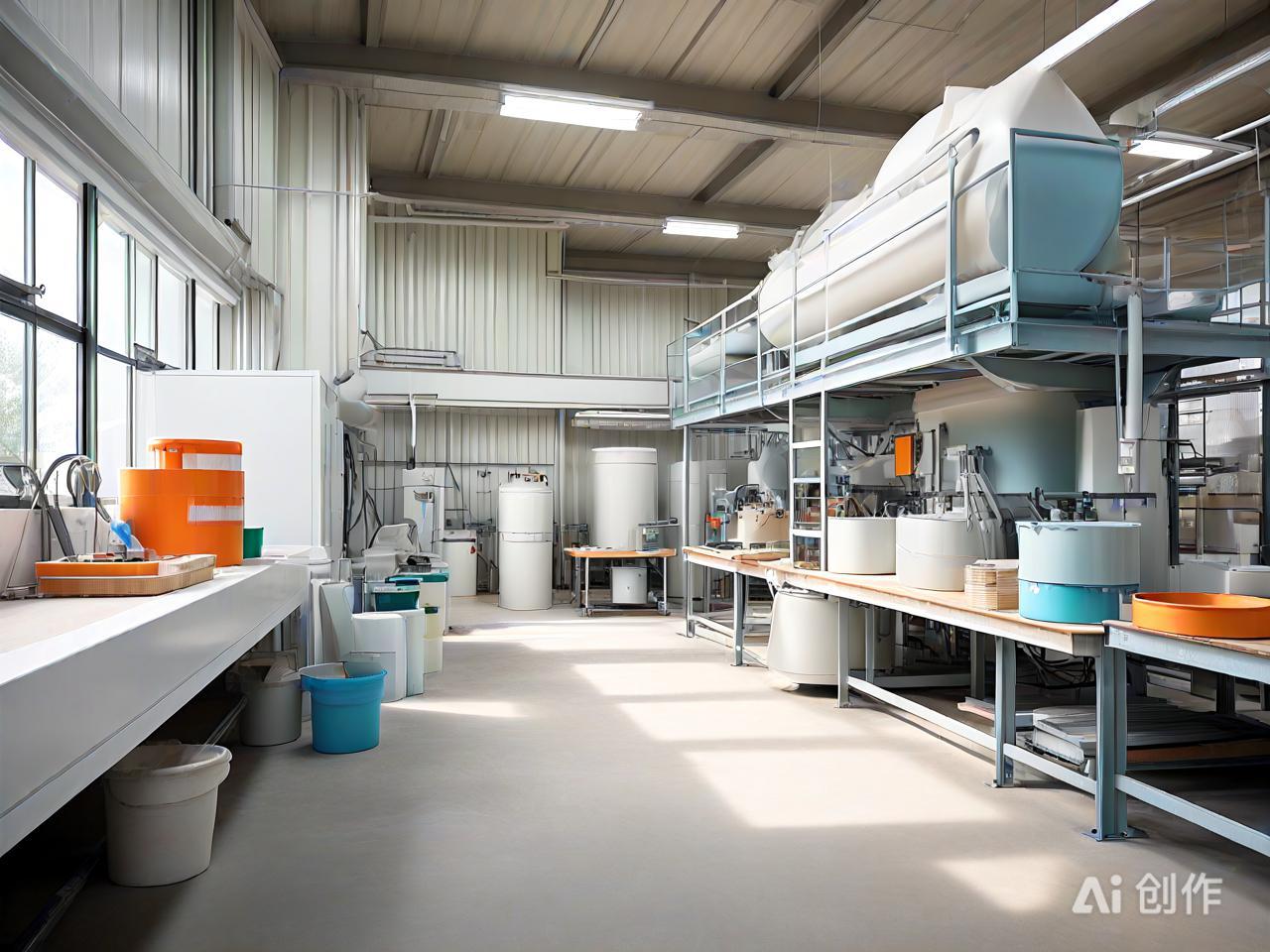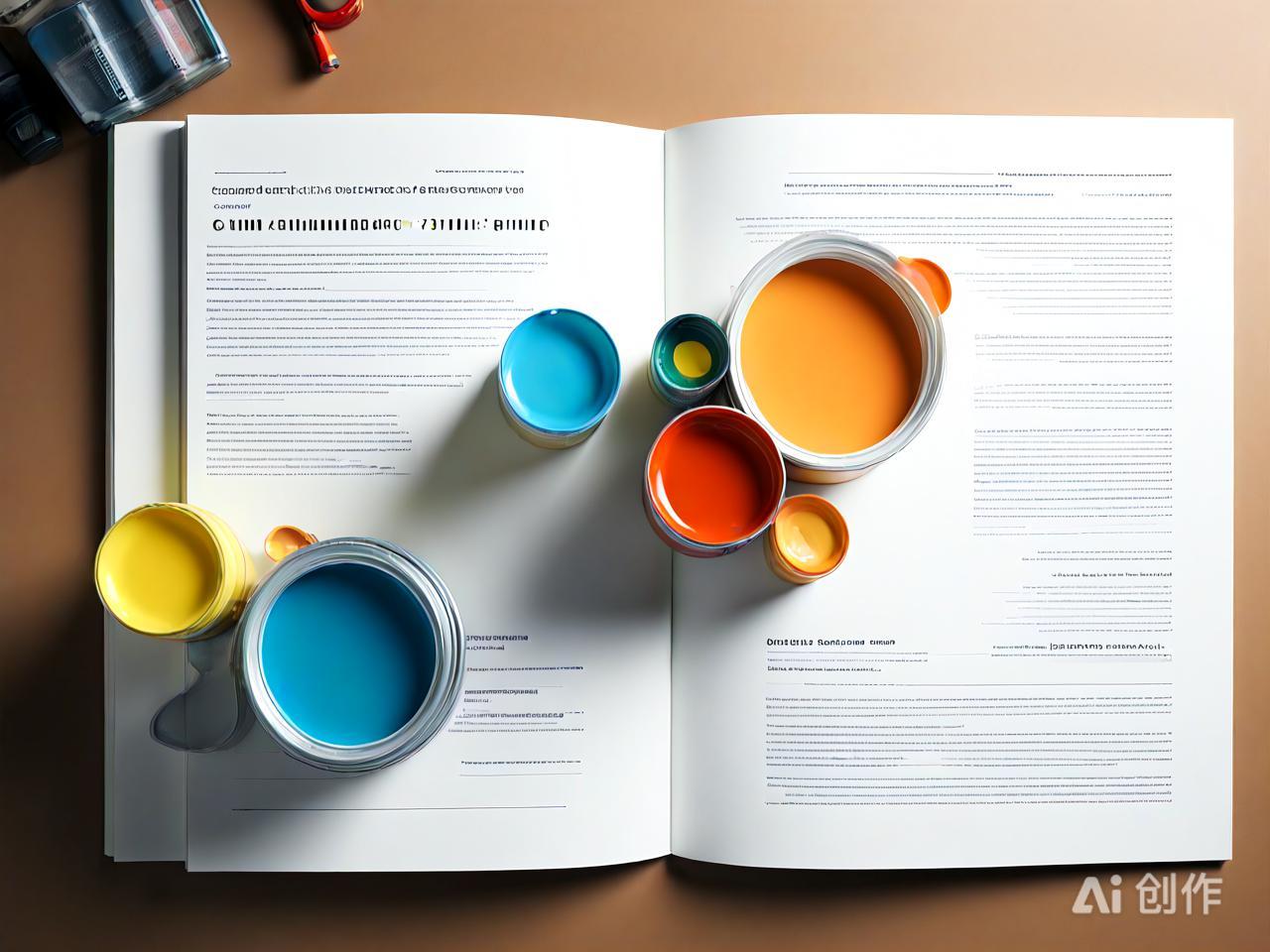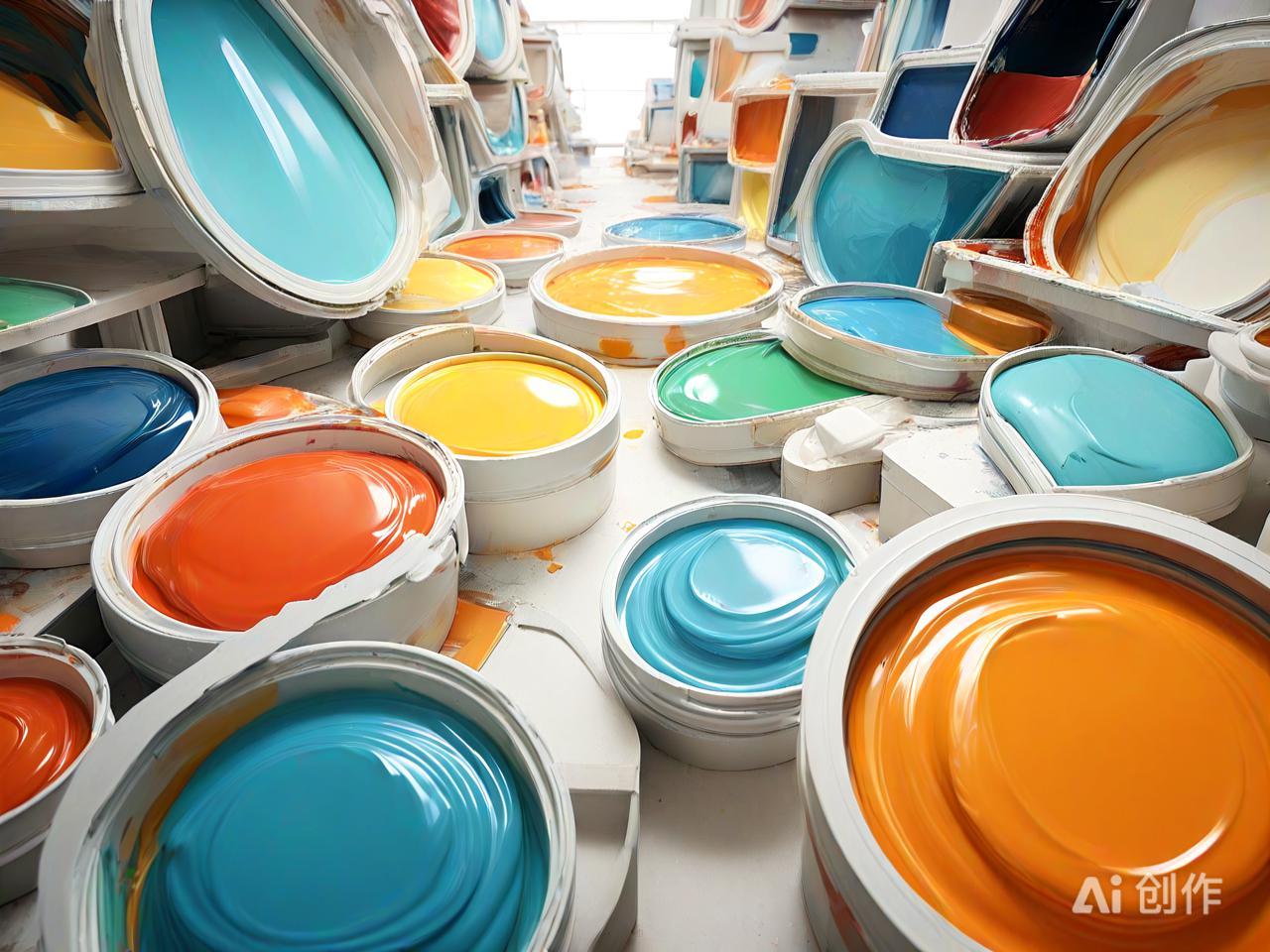Anti-Corrosion Coatings: Shielding Against the Ravages of Time and Environment
In the vast realm of industrial materials, anti-corrosion coatings stand as a crucial line of defense, safeguarding various structures and equipment from the insidious effects of corrosion. These coatings play an indispensable role in numerous sectors, ensuring the durability and reliability of everything from pipelines and bridges to ships and industrial machinery.
Corrosion, the gradual deterioration of materials due to chemical reactions with their environment, can lead to catastrophic consequences. It not only weakens the structural integrity of objects but also incurs significant economic losses in terms of maintenance, repair, and replacement. Anti-corrosion coatings work by creating a protective barrier between the substrate and the corrosive agents present in the surrounding atmosphere, such as moisture, oxygen, and various chemicals.
There is a diverse range of anti-corrosion coatings available, each designed to meet specific application requirements. One of the most common types is epoxy coatings. Epoxy resins possess excellent adhesion properties, allowing them to firmly bond to metal surfaces. They offer good resistance to chemicals, abrasion, and impact, making them suitable for applications in harsh industrial environments like chemical plants and offshore oil rigs. For instance, the pipelines in a petrochemical facility are often coated with epoxy to prevent corrosion caused by the highly reactive substances they transport.
Another widely used category is polyurethane coatings. These coatings provide a combination of flexibility and toughness, enabling them to withstand mechanical stress and temperature fluctuations. Polyurethane anti-corrosion coatings are frequently applied to structures that are exposed to outdoor conditions, such as bridges and storage tanks. Their ability to resist UV radiation and maintain their protective properties over an extended period is highly valued.
Zinc-rich coatings are also of great significance. These coatings contain a high proportion of zinc particles, which act sacrificially to protect the underlying metal. When exposed to the environment, the zinc corrodes preferentially, thereby preventing the base metal from rusting. This type of coating is commonly used in the automotive and marine industries, where the protection of steel components is of utmost importance.
The application process of anti-corrosion coatings is a critical aspect that demands precision and expertise. Surface preparation is the first and foremost step. The substrate must be thoroughly cleaned and roughened to ensure proper adhesion of the coating. This may involve methods such as abrasive blasting, chemical cleaning, or mechanical grinding. Once the surface is prepared, the coating is applied using techniques like spraying, brushing, or dipping, depending on the nature of the project and the coating formulation.
In recent years, there has been a growing emphasis on the development of environmentally friendly anti-corrosion coatings. With increasing concerns about pollution and sustainability, researchers are exploring alternative materials and formulations that reduce the use of harmful solvents and heavy metals. Waterborne anti-corrosion coatings, for example, have gained popularity as they emit fewer volatile organic compounds (VOCs) compared to traditional solvent-based coatings, thus minimizing their impact on air quality.
In conclusion, anti-corrosion coatings are the unsung heroes that protect our infrastructure and industrial assets from the relentless forces of corrosion. Their continuous evolution and innovation are essential to meet the ever-increasing demands of modern society. As technology advances and environmental awareness grows, the future of anti-corrosion coatings holds the promise of even more effective and sustainable solutions, ensuring the longevity and safety of our built environment.
Likely Interests





